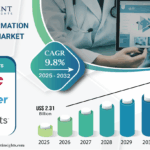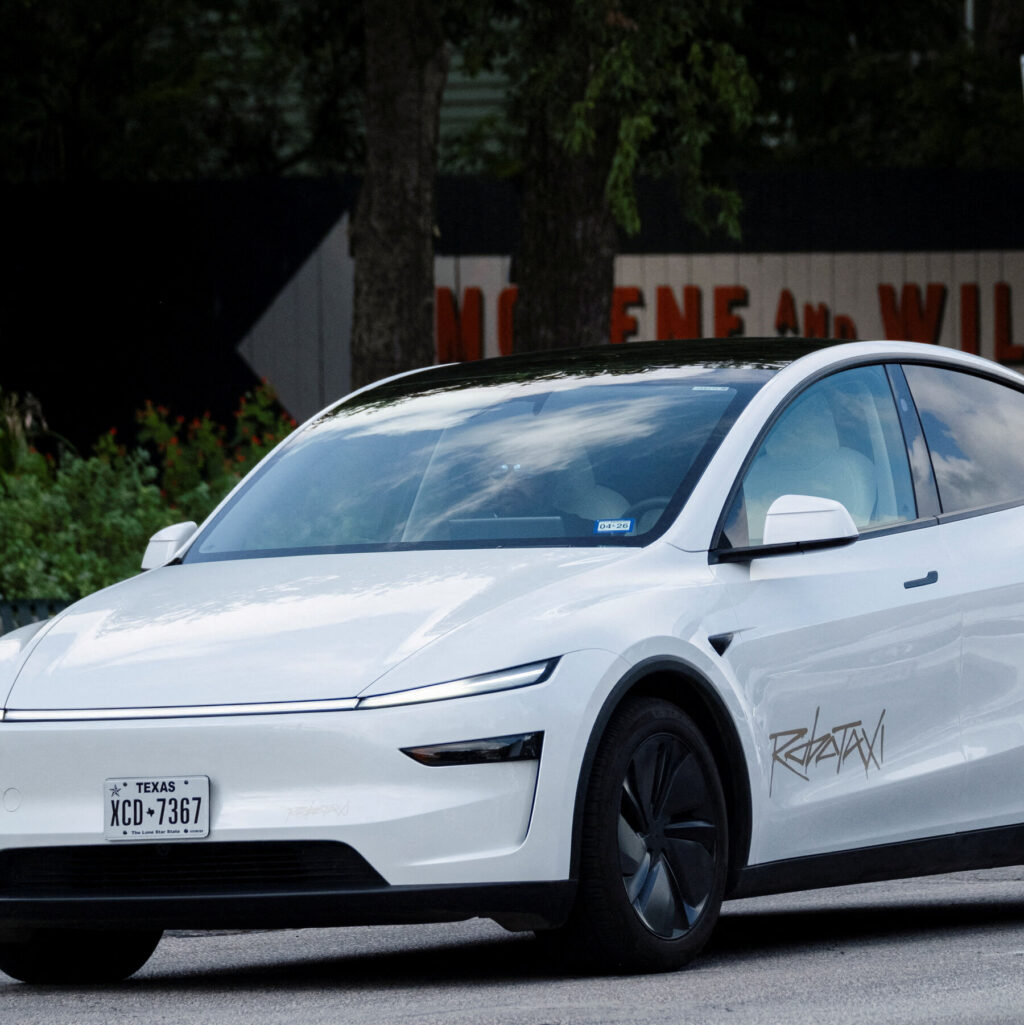Tesla’s latest sales figures have shown a decline, as the company channels its resources towards the development of self-driving technology rather than introducing new vehicle models. This strategic pivot, led by CEO Elon Musk, has sparked discussions within the automotive industry regarding the future direction of electric vehicles.
According to Tesla’s recent quarterly report, the company experienced a notable decrease in sales compared to the same period last year. This drop is attributed to Musk’s decision to prioritize autonomous driving capabilities, a move that has left some potential car buyers waiting for new model releases.
Shifting Priorities in a Competitive Market
The announcement comes as Tesla faces increasing competition from both traditional automakers and new entrants in the electric vehicle (EV) market. Companies like Ford, General Motors, and Rivian are rapidly expanding their EV offerings, often introducing innovative features and new models that capture consumer interest.
Elon Musk has been vocal about his vision for a future dominated by self-driving cars, asserting that autonomy is the key to reducing traffic accidents and enhancing transportation efficiency. However, this focus on long-term technological advancements may be impacting Tesla’s short-term sales performance.
Industry Reactions and Expert Opinions
Industry analysts have mixed opinions on Tesla’s current strategy. Some experts believe that the company’s emphasis on autonomous driving is a necessary step to maintain its leadership in innovation. Others argue that neglecting the introduction of new models could lead to a loss of market share.
“Tesla’s commitment to self-driving technology is commendable, but the lack of new models could alienate consumers looking for the latest features and designs,” said automotive analyst Sarah Thompson.
Meanwhile, Tesla’s competitors are capitalizing on this opportunity. Ford’s Mustang Mach-E and GM’s Chevrolet Bolt are gaining traction, offering consumers a variety of choices in the EV segment.
Historical Parallels and Market Dynamics
This development follows a historical pattern seen in other industries where companies have faced challenges when shifting focus from immediate consumer demands to long-term technological goals. The tech industry, for example, has witnessed similar scenarios where companies that delayed product updates in favor of future innovations struggled to maintain their market position.
According to sources within the industry, Tesla’s current strategy could either solidify its position as a leader in autonomous technology or risk losing its competitive edge if consumer preferences shift towards more immediate gratifications.
The Future of Tesla and Autonomous Driving
The move represents a significant gamble for Tesla, as the company bets on the eventual mainstream acceptance of self-driving cars. Musk has repeatedly stated that he believes autonomous vehicles will become a standard mode of transportation within the next decade.
“The future of transportation is autonomous, and Tesla is at the forefront of this revolution,” Musk said in a recent interview.
However, the timeline for widespread adoption of self-driving technology remains uncertain, with regulatory hurdles and public skepticism still to be addressed. Tesla’s ability to navigate these challenges will be crucial in determining the success of its current strategy.
Implications and Next Steps
As Tesla continues to focus on developing its autonomous driving technology, the company will need to balance this ambition with consumer demands for new and exciting vehicle models. The implications of this strategy will likely unfold over the coming years, as the automotive industry evolves and consumer preferences continue to shift.
Looking forward, Tesla’s next steps could involve a more integrated approach, combining its advancements in autonomy with the release of new models to maintain its competitive edge. The company may also explore partnerships or collaborations to enhance its technological capabilities and market reach.
In conclusion, while Tesla’s current sales dip may raise concerns, the company’s long-term vision for autonomous driving could redefine the automotive landscape. The success of this strategy will depend on Tesla’s ability to innovate while meeting the immediate expectations of its customer base.
About The Author
 NYT Connections July 2, 2025: Unraveling the Puzzle’s Complex Themes
NYT Connections July 2, 2025: Unraveling the Puzzle’s Complex Themes Affordable Luxury: Top Smart TVs Under ₹70,000 in 2025
Affordable Luxury: Top Smart TVs Under ₹70,000 in 2025 Global Health Information Exchange Market to Surge, Projected to Reach $4.44 Billion by 2032
Global Health Information Exchange Market to Surge, Projected to Reach $4.44 Billion by 2032 US Stocks Drift as Wall Street Awaits Crucial Jobs Report
US Stocks Drift as Wall Street Awaits Crucial Jobs Report Trump Announces New US-Vietnam Trade Deal Amid Global Economic Shifts
Trump Announces New US-Vietnam Trade Deal Amid Global Economic Shifts